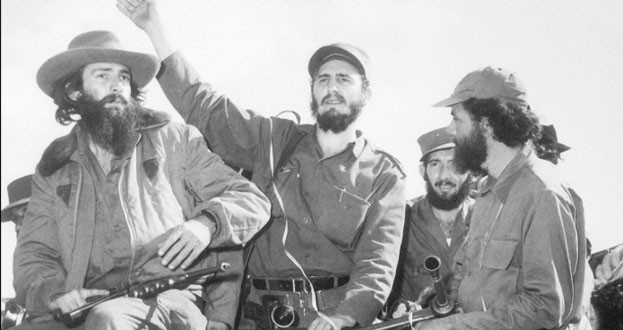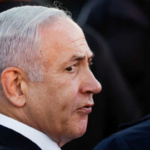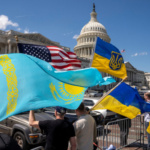PHOTO: Fidel Castro, August 1959
I have done a series of interviews with BBC TV, BBC radio, and Monocle 24 on Saturday to evaluate the news of Fidel Castro’s death.
After the initial “immediate response” interview with BBC Radio 5 Live, I have been trying to offer a line going beyond the old US v. Cuba framework. Both in symbolism and in social and political impact, the leadership of Castro and his inner circle since 1959 has had a lasting significance for Latin America — and, indeed, other parts of the world.
A couple of the interviews:
BBC Radio 5 Live: Listen to discussion
This was a combination of a new type of political and economic system and the symbolism that Cuba was defying the most powerful country in the world and, despite everything that this country threw at it — paramilitary invasion, economic sanctions, attempted assassination — Fidel Castro and his system survived.
Not just symbolic for the US and Cuba but for many others around the world.
The discussion also reviews how close the world came to nuclear war over the Cuban Missile Crisis in 1962.
BBC Radio Wales: Listen to discussion
Now there is a bigger story. Not only whether the US and Cuba develop economic links and whether they can along, but a wider story for Latin America — does Cuba’s idea of socialism continue or do we see a move back to the US idea of free markets?






